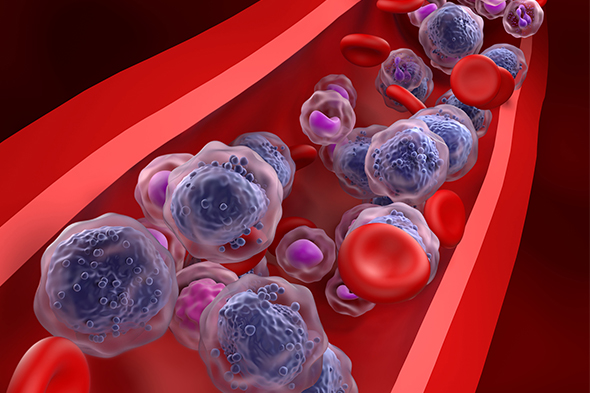
Expert Directory
Andrew M. Brunner, MD
Assistant Professor of Medicine
Harvard Medical School
Assistant in Medicine, Division of Hematology and Oncology
Center for Leukemia, Massachusetts General Hospital Cancer Center
Massachusetts General Hospital
Boston, MA
Andrew M. Brunner, MD, is an assistant in medicine in the Division of Hematology and Oncology, Center for Leukemia, at the Massachusetts General Hospital Cancer Center and an assistant professor of medicine at Harvard Medical School, both in Boston. He earned his medical degree from Brown University and completed an internal medicine residency at Massachusetts General Hospital before completing a Dana-Farber/Partners Cancer Care fellowship in hematology/oncology. He is board certified in medical oncology and internal medicine.
Dr Brunner’s clinical focus is on the treatment of patients with myelodysplastic syndromes (MDS) and acute myeloid leukemia (AML), as well as other cancers of the blood and bone marrow. His research focuses on the development of novel therapeutic strategies (typically phase 1 and 2 clinical trials) for patients with MDS and AML. He has been involved in studies that explore unique targets in these cancers, including mutations in the spliceosome, or targets expressed on immune effector cells.
At the same time, he researches patient outcomes in MDS, including ways to better understand why certain patients have better responses to treatment than others and which treatment responses are more meaningful to patients. Overall, he seeks to use this information to inform novel treatments in MDS that improve survival. He is currently involved in a phase 1b study combining an immune-targeting therapy (sabatolimab) with azacitidine or decitabine in MDS and AML, which is now being explored in the phase 3 setting. He is also interested in targeting the spliceosome mutations, which are present in more than half of MDS cases and would potentially be a targetable mutation in the majority of patients with this cancer.
Dr Brunner receives funding support from the Edward P. Evans Foundation to support his career goals as an innovative clinical/translational investigator in MDS, and from the National Institutes of Health Leukemia SPORE at the Dana-Farber/Harvard Cancer Center.
Contributing Articles


Mild or Marginal Cytopenias in MDS: Monitoring and Intervention

Candidacy for Novel Anemia Therapies in Patients With MDS

Maintenance Therapy Post Allogeneic Stem Cell Transplantation in AML

Highlight Article: Predicting Progression of Lower-Risk MDS


